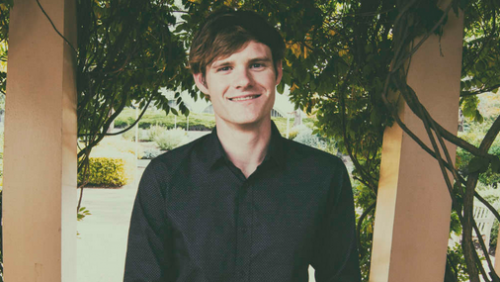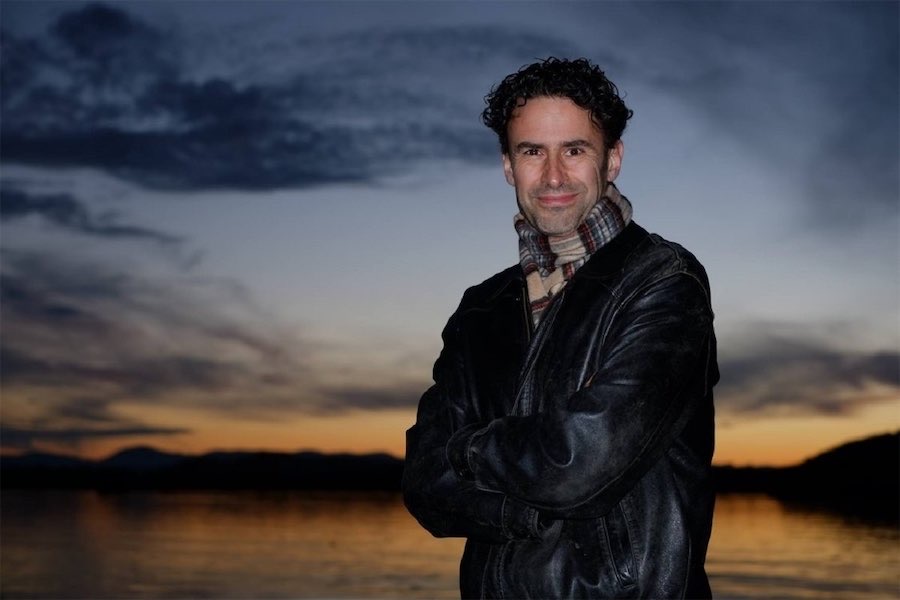
WHAT is it about classical guitar players that they have such an innate connection to their instrument and its music? Is it that they cuddle their guitar with such intimacy? In his recital, Andrew Blanch provided no answers; his connection was archetypal.
But I do harbour a theory that Timothy Kain has something to do with it. As teacher of so many of Australia’s finest classical guitarists, he extends natural talents and creates artists who take their playing to a level that few others achieve.
Kain taught Blanch, and he, along with colleague and another of Blanch’s teachers, Minh Le Hoang, were in the audience to witness the fruits of their nurturing.
The very personable Blanch drew his audience into a private, calming and uplifting world of delicious expression and exquisite phrasing. He explored every nuance of his guitar’s range of moods and sounds. He made that wooden box talk!
Music from Latin American composers made up the first half, starting with an interesting and clever connection to the second half, which took us beyond Latin America to Germany, Australia and Spain. The “Prelude No 3” by Brazilian composer, Heitor Villa-Lobos, was an homage to JS Bach, whose Violin Sonata No 1, transcribed for guitar, opened the second half.
The two bookended an engaging set of works for guitar – an audience favourite was the “Vals No. 4” of the Paraguayan virtuoso, Agustín Barrios Mangoré – but finishing off with a set of five pieces, none written for guitar, by three Venezuelan composers, none of whom were guitarists. Still, the Venezuelan guitarist, Alirio Diaz, who died last year, arranged them for guitar and put them into a cohesive set.
The second half included a work by Australian composer, Ross Edwards – his “Marimba Dances”, arranged for guitar by a former director of the ANU School of Music, Adrian Walter. The arrangement and the performance were so good the work might have been written for guitar in the first place. It had many of Edwards’ signature stylings, and the second dance was, as Blanch said, very atmospheric and evocative of the Australian bush. Blanch’s “talking” guitar brought the piece to life.
To close, Andrew Blanch chose a work by the Spanish composer Francisco Tarrega. His “Carnival of Venice” is a set of variations on a work of the same name by Niccolò Paganini, which, itself, is a set of variations on the Neapolitan song “O Mama, Mama Cara”.
Blanch’s technique really shone here. He rose to the many technical challenges and met every one of them with confidence and virtuosity. His audience demanded an encore.
Andrew Blanch is a worthy inclusion in the stable of Australian classical guitarists. His style, personality, program choices and virtuosity will take him to the world and great acclaim. His debut CD, “Spanish Guitar Music”, released earlier this year proves it.
Who can be trusted?
In a world of spin and confusion, there’s never been a more important time to support independent journalism in Canberra.
If you trust our work online and want to enforce the power of independent voices, I invite you to make a small contribution.
Every dollar of support is invested back into our journalism to help keep citynews.com.au strong and free.
Thank you,
Ian Meikle, editor




Leave a Reply